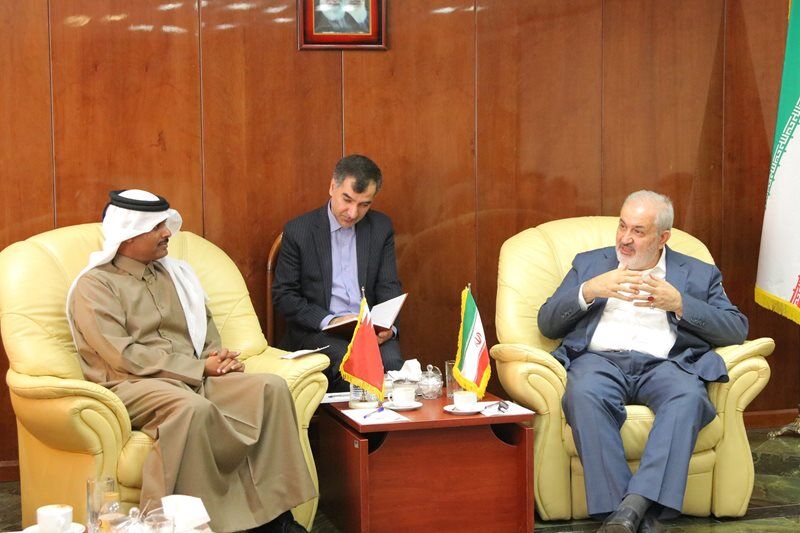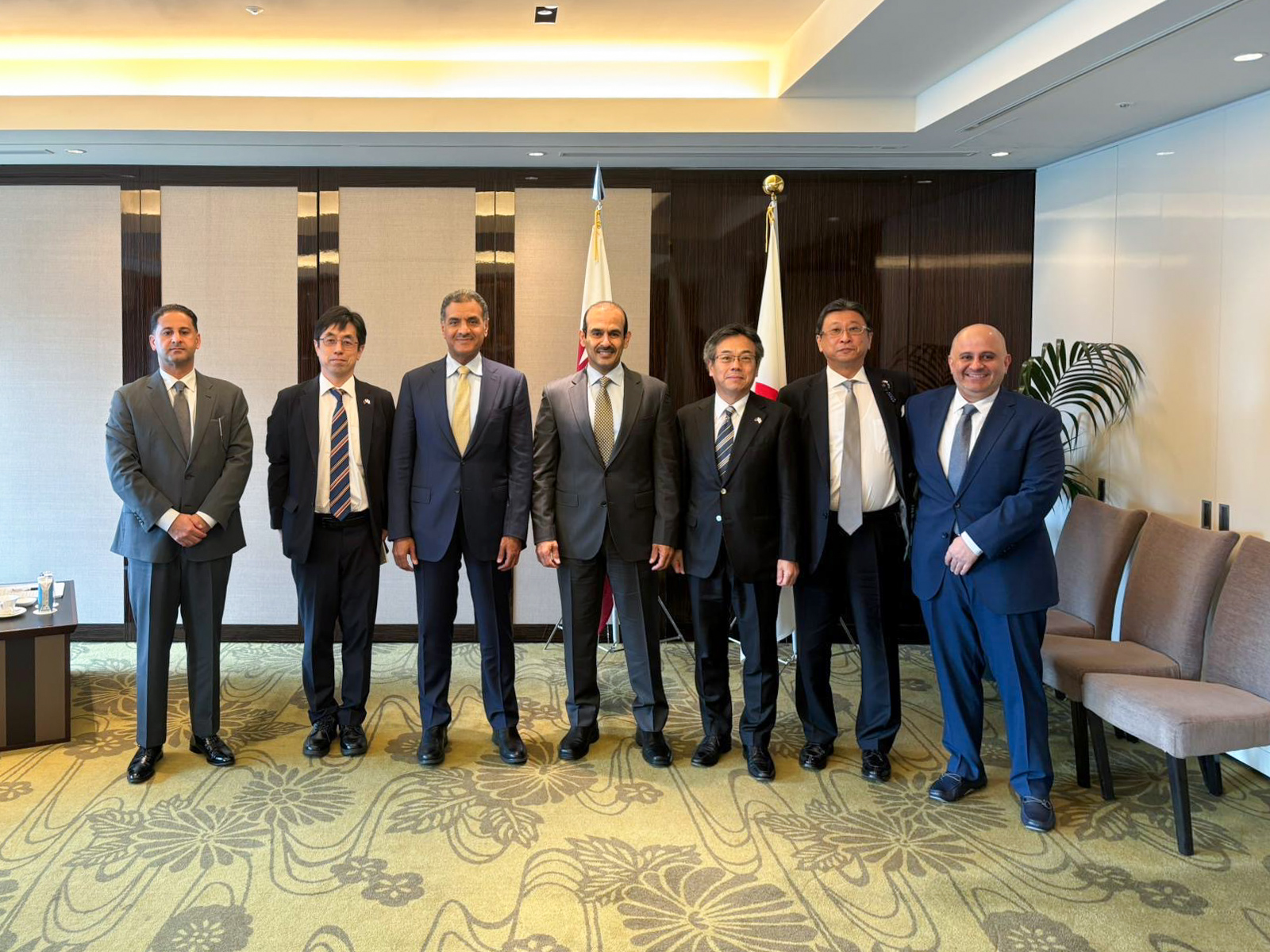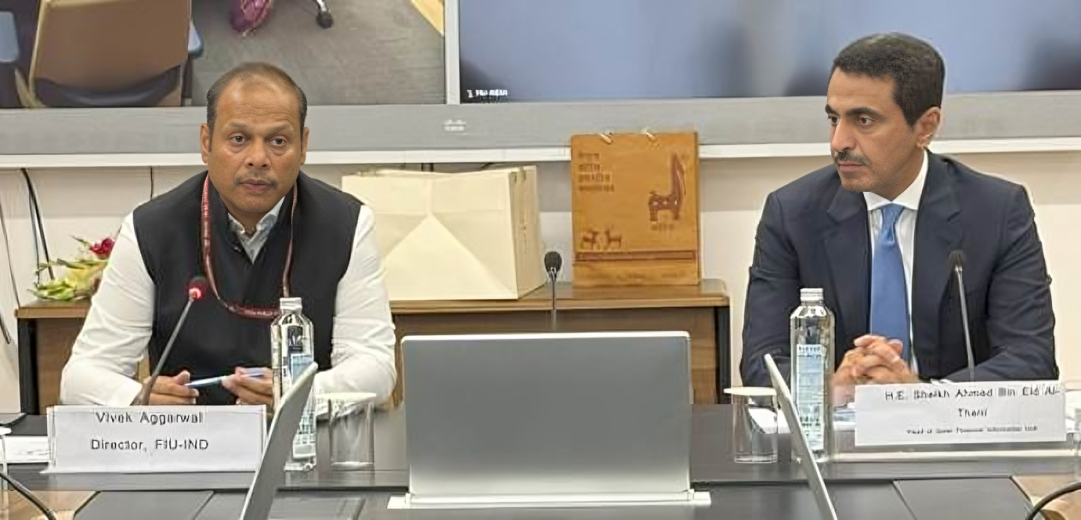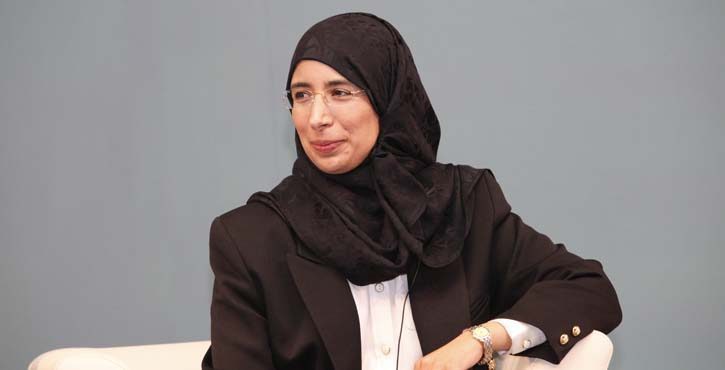
Health minister Dr. Hanan Al Kuwari and three other Qatari women are among the world’s 100 most powerful Arab women of 2016, according to a newly released index.
Likely because of her recent promotion to the Cabinet, Al Kuwari moved up to 12th place in the CEO Middle East magazine rankings of the top influential women from the region, eight spots higher than last year.
She is joined by powerful Qatari women from the entrepreneurship, finance and technology sectors.
That includes former ictQatar Minister Dr. Hessa Al Jaber, who is 37th place, the CEO of QNB Capital Mira Al Attiyah (51st) and Aysha Al Mudahka, the CEO of small business incubator QBIC (80th).
Cabinet shuffle
Al Kuwari became Qatar’s fourth-ever female Cabinet member when she was named Minister of Public Health in a January leadership shakeup.
Managing director of the publicly-run Hamad Medical Corp. (HMC) since 2007, Al Kuwari had risen through the ranks from her appointment as a junior administrator in the Women’s Hospital.
She sits on numerous boards of health-related organizations, locally and regionally, and has a PhD in healthcare management from Brunel University in the UK.
A well-known name in the international health sector, Al Kuwari regularly features in lists of most powerful or influential Arab women.
Dr. Hessa Al Jaber is another popular pick for these listings, although she didn’t make last year’s CEO Middle East rankings.

Al Jaber was minister of Information and Communications Technology until January, when she lost her position in the reshuffle, which saw ictQatar become part of the new Ministry of Transport and Communications.
Last month, online business network LinkedIn announced that she has become one of a select group of its “influencers”.
Meanwhile, the first female head of an investment bank in Qatar, Mira Al Attiyah, rose eight places from last year’s list to take the 51st spot in the latest edition.
Al Attiyah became chief executive of QNB Capital in July 2014 and previously worked at the Ministry of Economy and Commerce (MEC), ictQATAR and technology provider Malomatia.
A Qatar University alumna (in engineering and computer science), she also undertook a graduate program in corporate innovation and entrepreneurship at Carnegie Mellon University’s Tepper School of Business.

And the CEO of one of Qatar’s leading business incubation centers (QBIC) Aysha Al Mudahka has come in 80th in the index.
Previously the executive director of Injaz Qatar, a not-for-profit organization for youth education and entrepreneurship, Al Mudahka has also worked for Qatar Financial Center and the Qatar Finance and Business Academy.
She is also a founding member of the Roudha Center, which promotes innovation and entrepreneurship for women.
Top women
While the magazine did not give detailed criteria for compiling the list, it said women were ranked according to the number of people whose lives they have touched and influenced.
The list focuses on business and does not include any members of Qatar’s ruling family.
Overall, the UAE has the most women represented on this list (23), with Sheikha Lubna Al Qasimi ranked first. Last month, she became the Emirates’ minister of tolerance.

Al Qasimi, who has previously held four ministerial portfolios, was the UAE’s first female Cabinet member after being appointed minister of economy in 2004. She is also president of Zayed University.
Speaking at the Global Women’s Forum Dubai last month, she described her concept of leadership as “not about power, but about what a leader can give to people. The essence is about loyalty,” Emirates 24/7 reported her as saying in her keynote address.
Emirati women on the list come from a variety of sectors, including government, property, media, construction, science, culture and society.
The high representation of women from the Emirates may be reflected by the fact that the magazine which compiles the list is based in the UAE.
Women from Saudi Arabia take up 19 places in this year’s index, while Egypt has 15 women represented.
Of the Gulf states in the list, Kuwait has seven of its nationals named, while Bahrain has one.
Regional rankings
CEO Middle East and another business magazine Forbes compile annual lists of movers and shakers in the region.
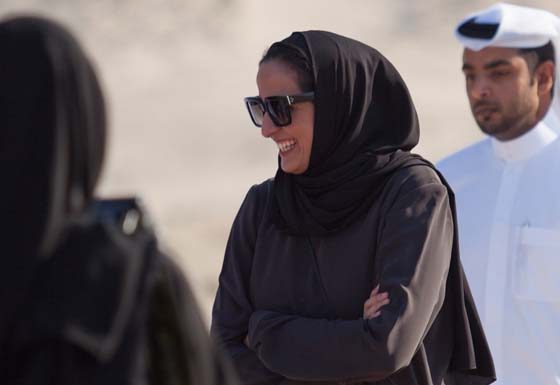
In the most recent Forbes list of powerful Arab business women in the world, last September, Qatar Museums’ Chairperson Sheikha Al Mayassa bint Hamad Al Thani took third place.
With those rankings, candidates were ranked based on the “size of their companies … their positions, and spheres of impact,” Forbes said.
Thoughts?


